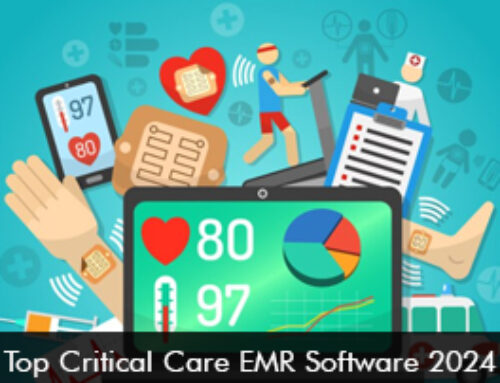Claim denial continues to remain a big issue for hospital systems and healthcare providers in the United States. Denials result in lost revenue and even if denied claims are recovered there are costs associated with them. Recent data revealed that the recovery cost was $118 per denial. Practices that are able to avoid denied claims are financially stronger and run smoothly.
According to the Medical Billing Advocates of America, one in seven claims are denied in the healthcare sector. Denied claims are a big headache for every medical practice and if denial is prevented then revenue can go up which ultimately adds up to financial success.
Here are the 5 reasons why an insurance claim may be denied
Denials can be appealed and not resubmitted, however appealing denials comes with a price so it’s best to know the reasons for claim denials so you can prevent them without any revenue leakages.
- The patient is not eligible – This is one of the most common causes of claim denials. If the patient is not eligible for the care as per the insurance plan. A simple way to avoid a denied claim is to check eligibility before the patient is seen by the physician.
- Missing or incorrect CPT codes – It is necessary that the code must match the diagnosis otherwise it can be denied. Revenue Cycle Management (RCM) software services can help to prevent this issue as coding procedures are electronic and errors can be reduced.
- Incomplete information – If the information is insufficient such as the date of birth being missing then this can result in a costly denied claim. A Practice Management (PM) software system that has in-built eligibility checking reduces administrative errors making sure you get paid faster.
- Lack of documentation – There are instances when the claim can be denied when the payer is uncertain of the medical necessity of a procedure. To support the necessity of an encounter the payer requires additional documentation. When practices have an integrated Electronic Medical Records (EMR) software system and Practice Management (PM) software the easy charting ensures quick access to documentation which helps to avoid claim denials.
- Using outdated codes – Hospitals and medical practices should stay updated with the new codes, codes change every quarter. It’s a plus if you are working with a software vendor that updates and refreshes codes when new codes are introduced.
Final Takeaway
To streamline the patient check-in process and reduce errors throughout the financial procedures practices should embrace RCM services that integrate seamlessly with your EHR software to automate billing processes to help reduce the issue of denied claims. Claims can be easily avoided when your billing staff is properly trained and your practice is using a powerful Practice Management (PM) software solution. You can also audit your practice to see if you are vulnerable for any common reasons for denied claims. Every practice deals with denied claims but steps can be taken to avoid them to ensure the seamless financial running of your practice.







